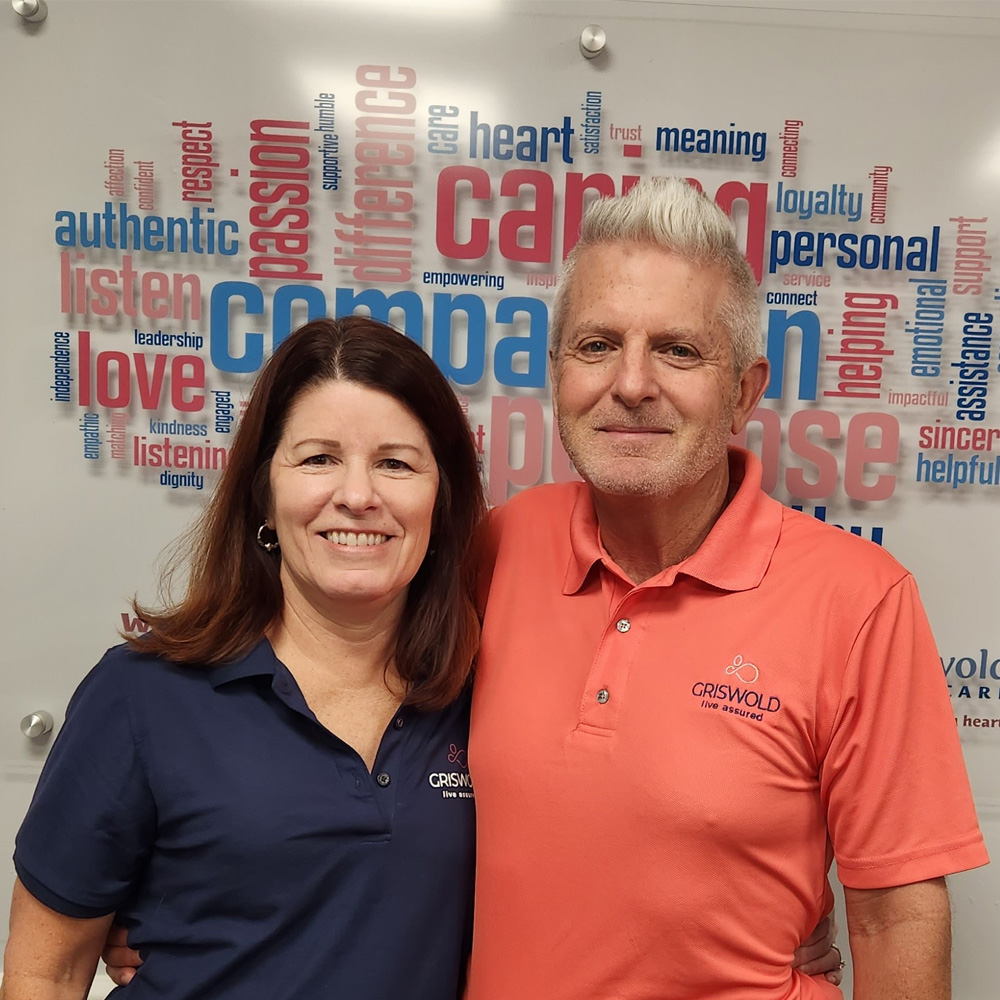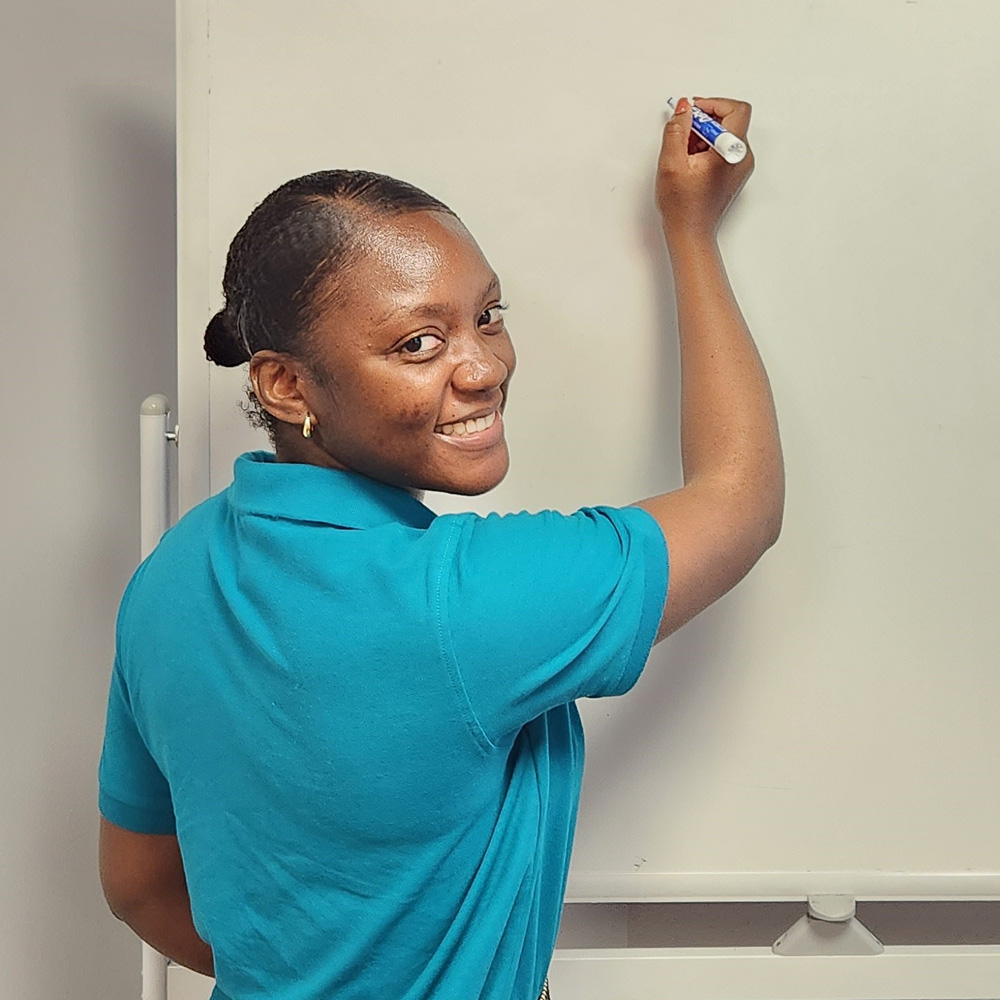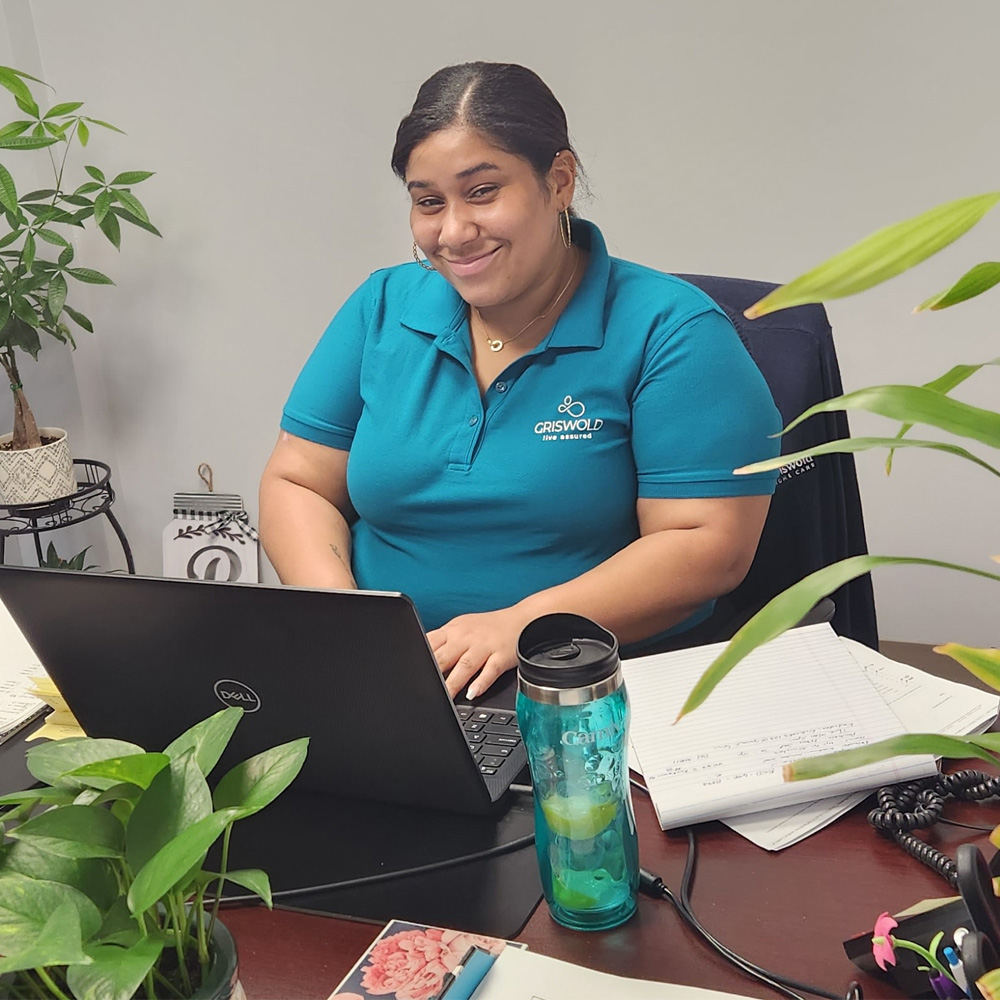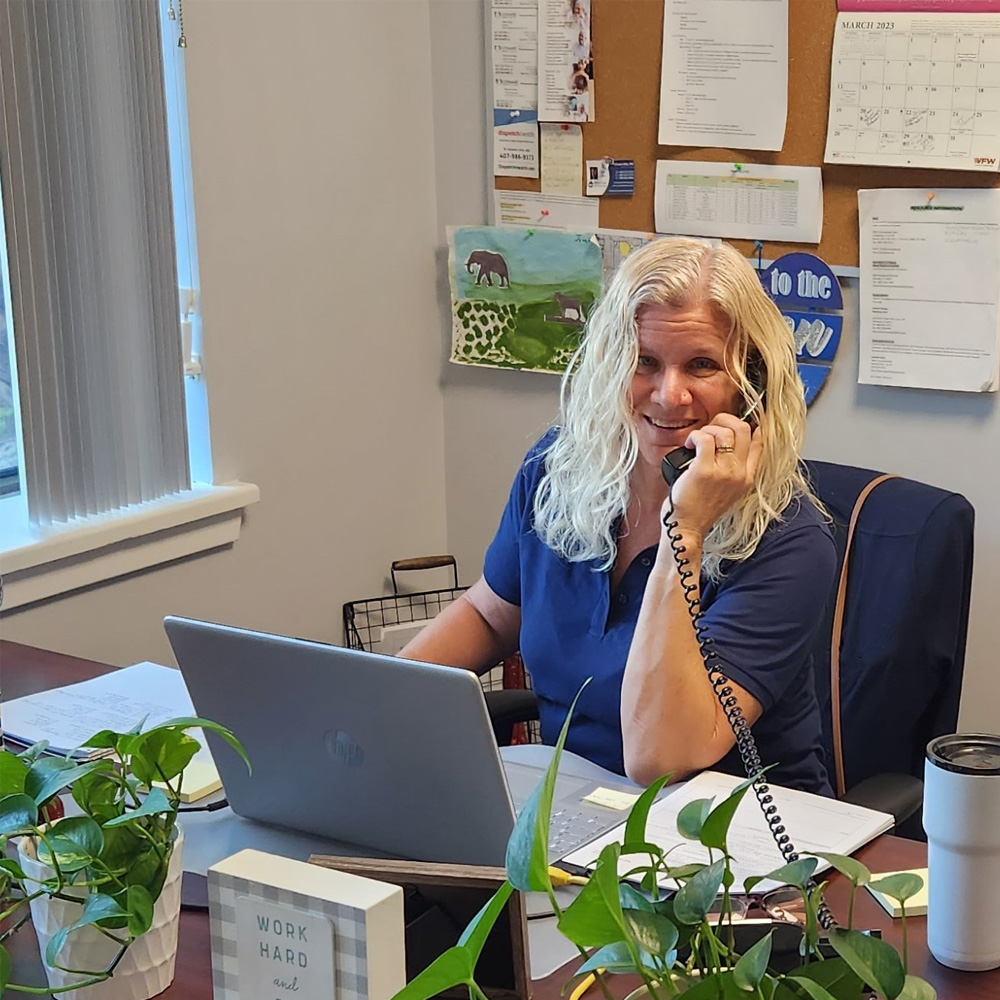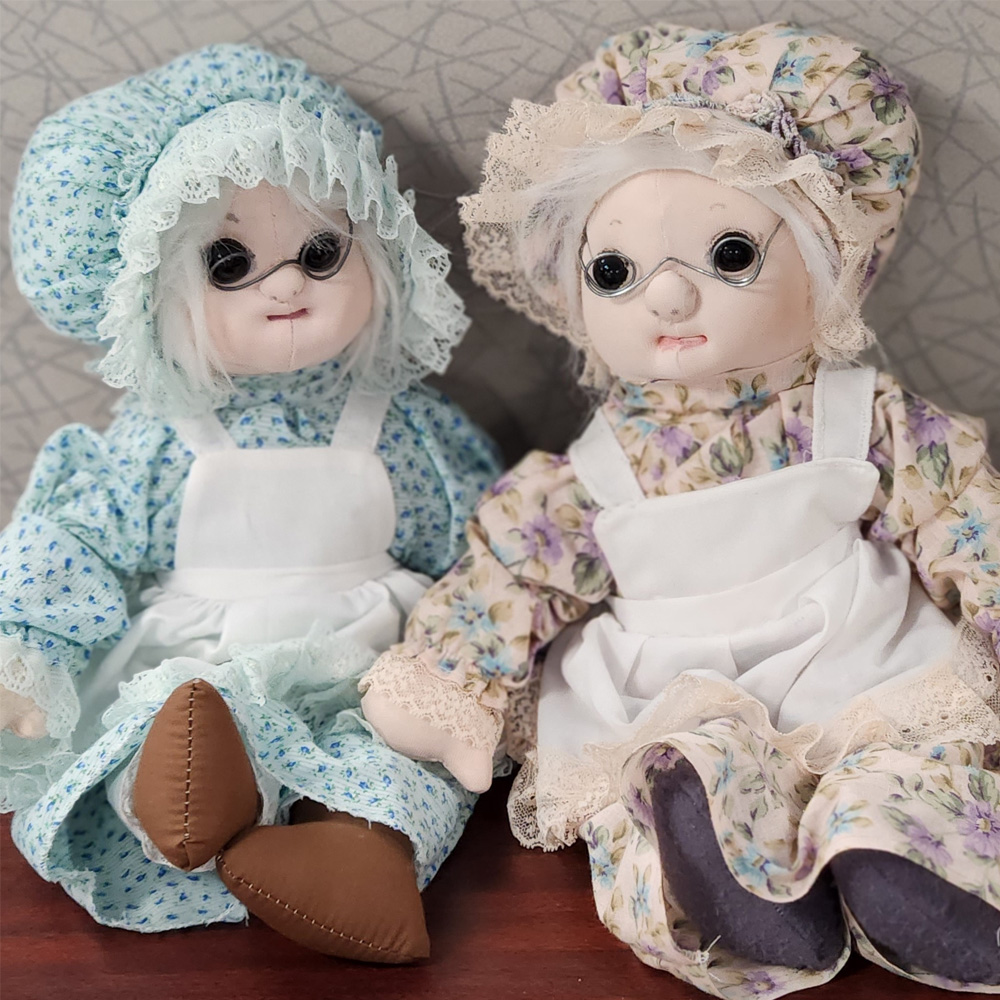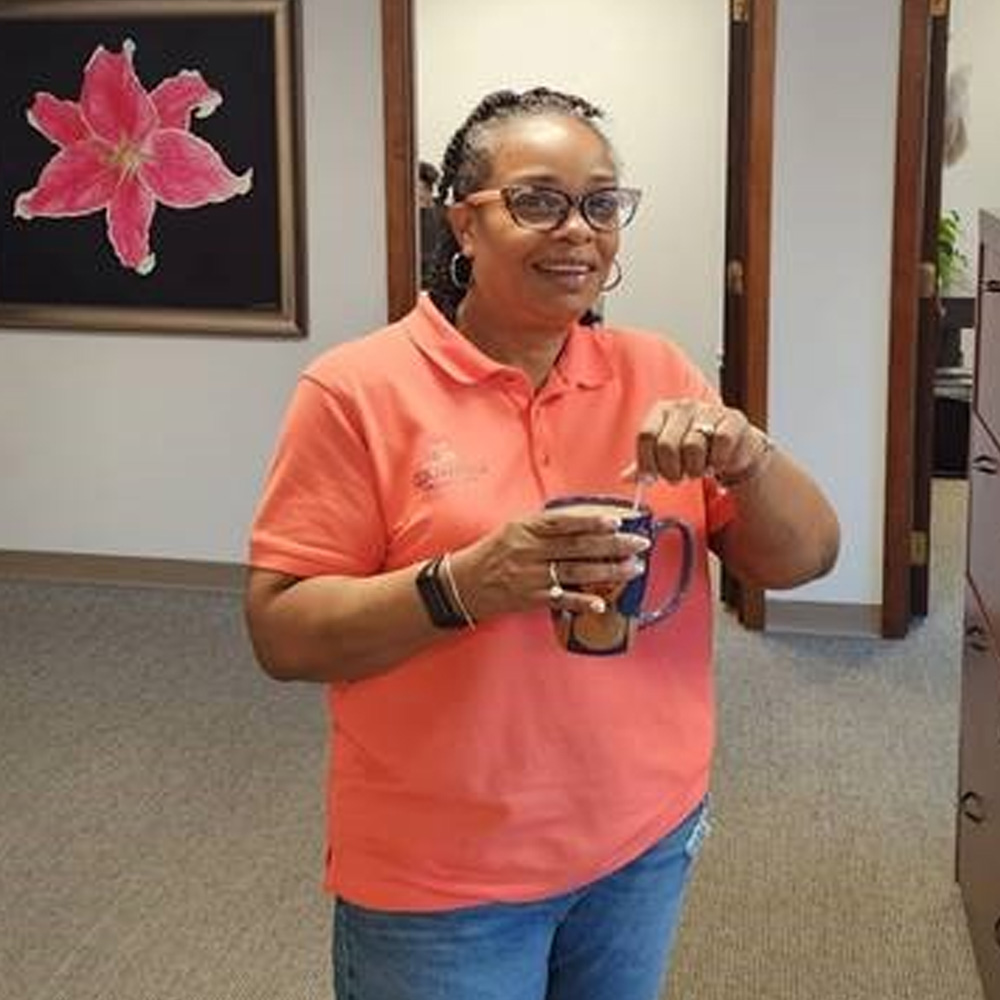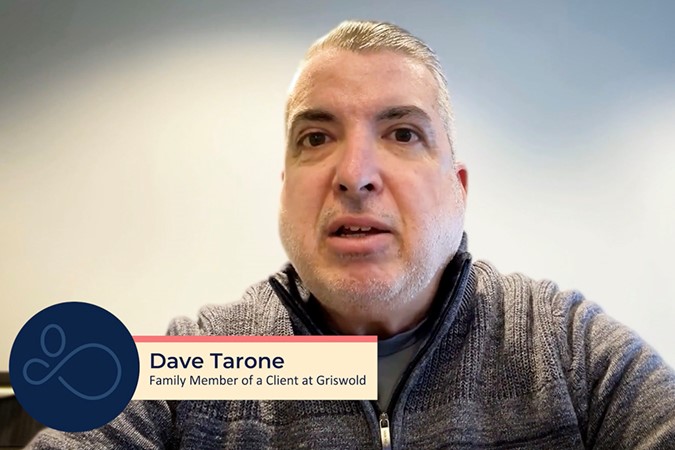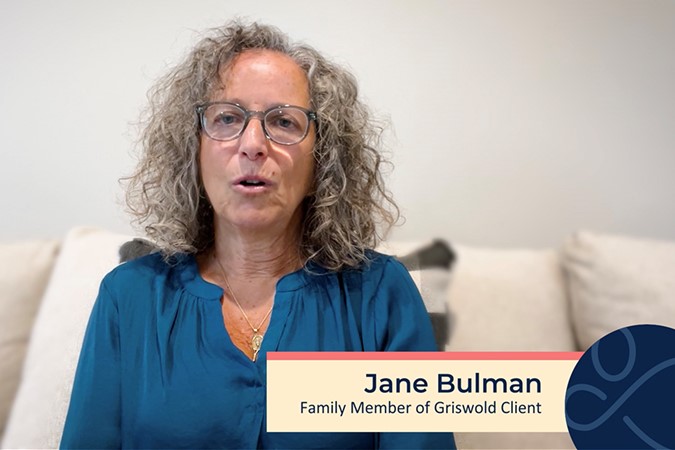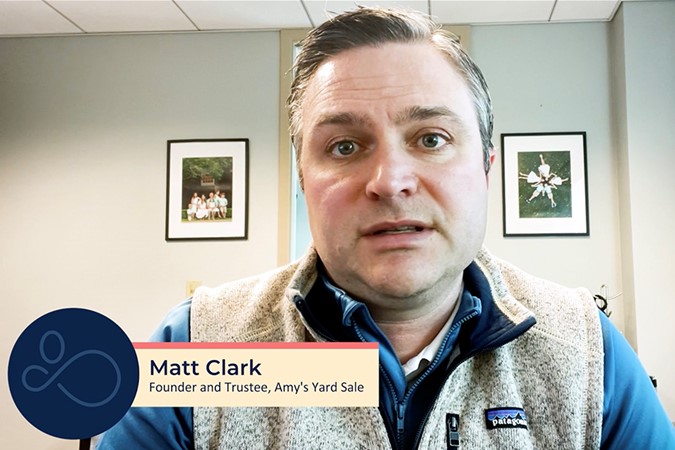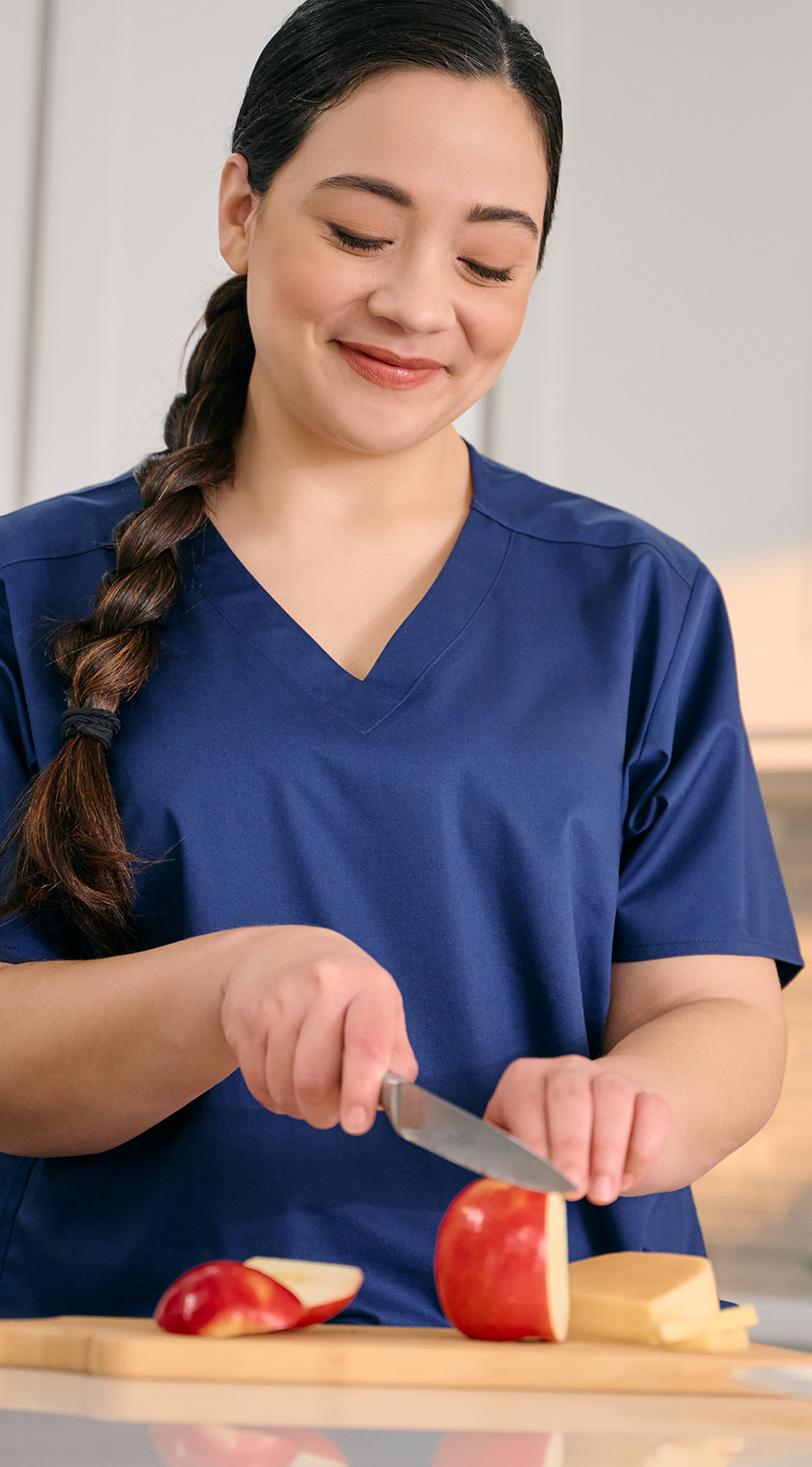
Why Griswold?
Griswold is an award-winning pioneer in pairing you with qualified in-home Caregivers, with over four decades of experience and a storied legacy of compassion and integrity. We believe that helping you find Care Professionals who meet your needs is the foundation of our success, and people deserve to live where they love as they age. Our commitment to innovation is based on our desire to improve the lives of everyone we touch in the community we serve.
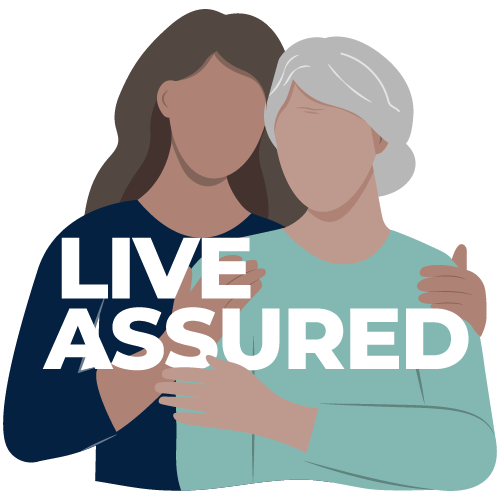
At Griswold, Care Pairing Is Personal
Gentle, hands-on support for essential tasks like bathing, grooming, dressing, and more.
A friend to engage with for activities, hobbies, errands, conversation, outings, and more.
Helpful hands for light housekeeping, laundry, grocery shopping, meal prep, and more.
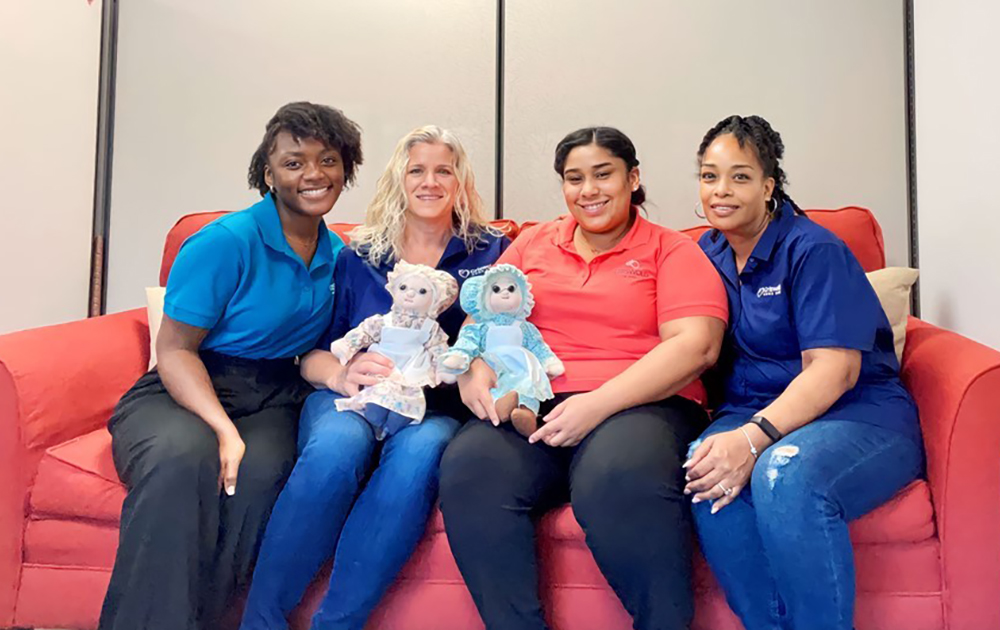
We're Here for You
Are you seeking assistance with an elderly or disabled family member? At Griswold Care Pairing for Greater Orlando, we provide an affordable alternative to nursing homes and assisted living facilities. We are a local caregiver referral service in Greater Orlando that offers a variety of care options that will allow your loved one to live independently and with dignity right where they belong. Whether you are seeking a few hours of companionship a week, daily assistance with personal tasks, or respite for a family caregiver, our referred caregivers have you covered. At Griswold Care Pairing for Greater Orlando, there is no one-size-fits-all approach to home care. We first get to know our clients and their needs and then customize a care plan to perfectly fit them. If anything changes, we'll be happy to accommodate any adjustments to the care.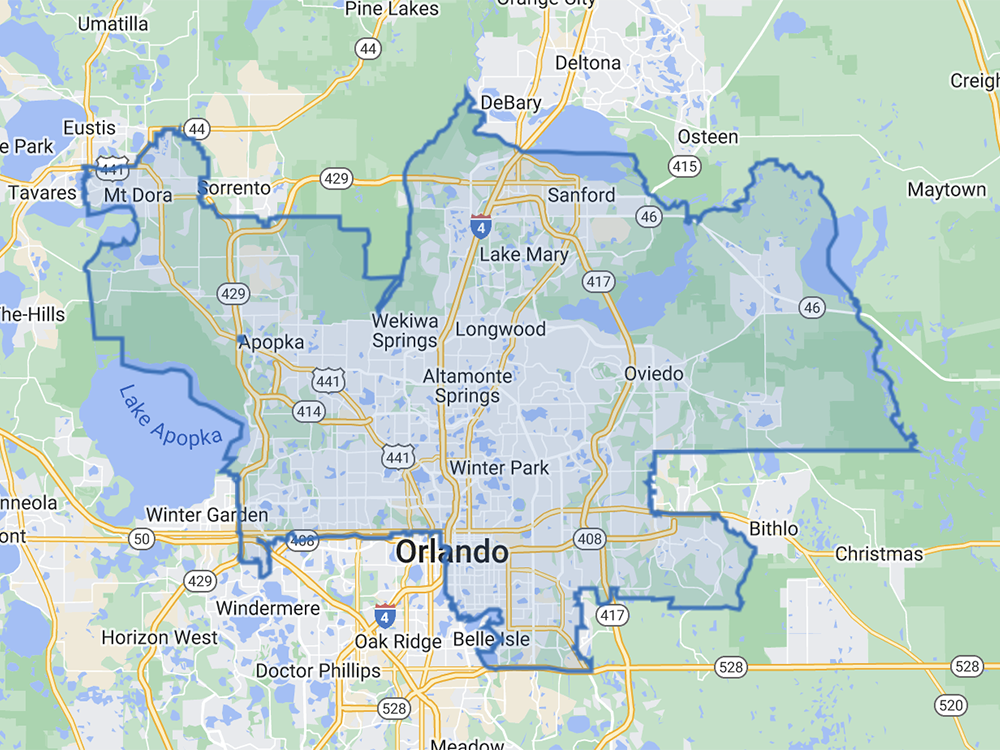
Altamonte Springs, Apopka, Casselberry, Geneva, Lake Mary, Longwood, Maitland, Mount Dora, Ocoee, Orlando, Oviedo, Sanford, Winter Park, Winter Springs, Zellwood


Supporting Caregivers Everywhere
The Jean Griswold Foundation provides scholarships for Care Professionals who wish to further their education in care-related fields. Our communities need Caregivers, and we're committed to supporting their dreams.

